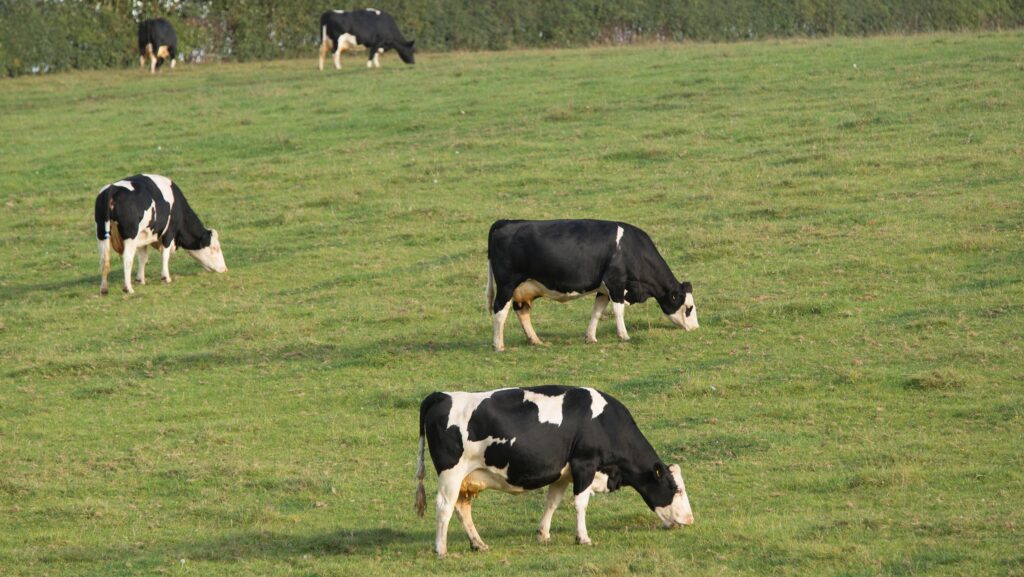Defra urged to subsidise methane suppressants in cattle
 © Tim Scrivener
© Tim Scrivener Independent think tank Green Alliance is urging the government to make the use of methane suppressants in dairy and beef systems a Sustainable Farming Scheme (SFI) option.
It says that the supplements are more cost effective at reducing emissions than some subsidised actions.
See also: Defra commits to methane suppressants to cut emissions
Manufacturers have developed feed additives and boluses that inhibit or disrupt enzymes which produce methane in cattle during digestion.
Green Alliance estimates that fully subsidising the use of the one product currently authorised for use in the UK would cost £45-50 for every tonne of emissions (tCO2e) avoided.
It claims this is 60 times cheaper than some SFI measures.
Those measures include the integration of grass leys into field rotations, which cost more than £300 for each tC02e avoided and planting cover crops in arable rotations – over £3,000 for each tC02e avoided.
Other benefits
SFI actions have other benefits too, such as the improvements to soil health from growing herbal leys.
In October 2023, Defra said it would encourage the uptake of methane suppressants and mandate their use in some systems no later than 2030.
But for farmers, cost is a stumbling block.
Green Alliance says evidence collected by the government shows that most are unlikely to use them without support to make it cost neutral.
In January, the government granted the first authorisation in the UK for a feed additive aimed at cutting methane emissions in cows.
Green Alliance says that if it was fed to one third of dairy cows in England, UK-wide methane emissions could be cut by around 1%.
It estimates that it would cost about £25m a year to support 30% of dairy farms in England this way.
Green Alliance policy adviser Rosie Allen has described methane suppressants as “an obvious candidate for subsidy”, and called on the government to change its terms to include them.
This system is already in place in Belgium and Slovenia, where farmers who use methane suppressants receive government payments of up to 80% of their cost.
Crucial questions
NFU president Tom Bradshaw said that while methane-suppressing supplements have the potential to be a “really useful tool’’ to reduce farm emissions, there were “crucial questions’’ to be answered.
These include how the products work, their long-term effectiveness and their impact on animal health and welfare.
“Viability must also be addressed in terms of costs, credible certification and availability, as well as finding solutions to inconsistent and unequal intake by cattle in grazing systems,’’ he said.
“Feed supplements are just one piece of the puzzle, and they need to work alongside a range of further methane-reducing techniques, such as genetic selection, efficiency improvements and other technologies.’’
Bolus approach
Although not currently authorised in the UK, a methane-suppressing bolus has been developed in New Zealand to overcome practical issues associated with feeding an additive in a grass-based system.
Defra hasn’t responded directly to the Green Alliance’s proposals, but a government spokesperson said it would help farmers to “adopt more climate friendly practices whilst also supporting them to strengthen Britain’s food security”.
Defra’s Carbon Budget Delivery Plan sets out measures for reducing emissions from agriculture, including the use of methane suppressants in cattle.
Defra has said it would confirm plans for the rollout of schemes and its wider approach “in due course”.
